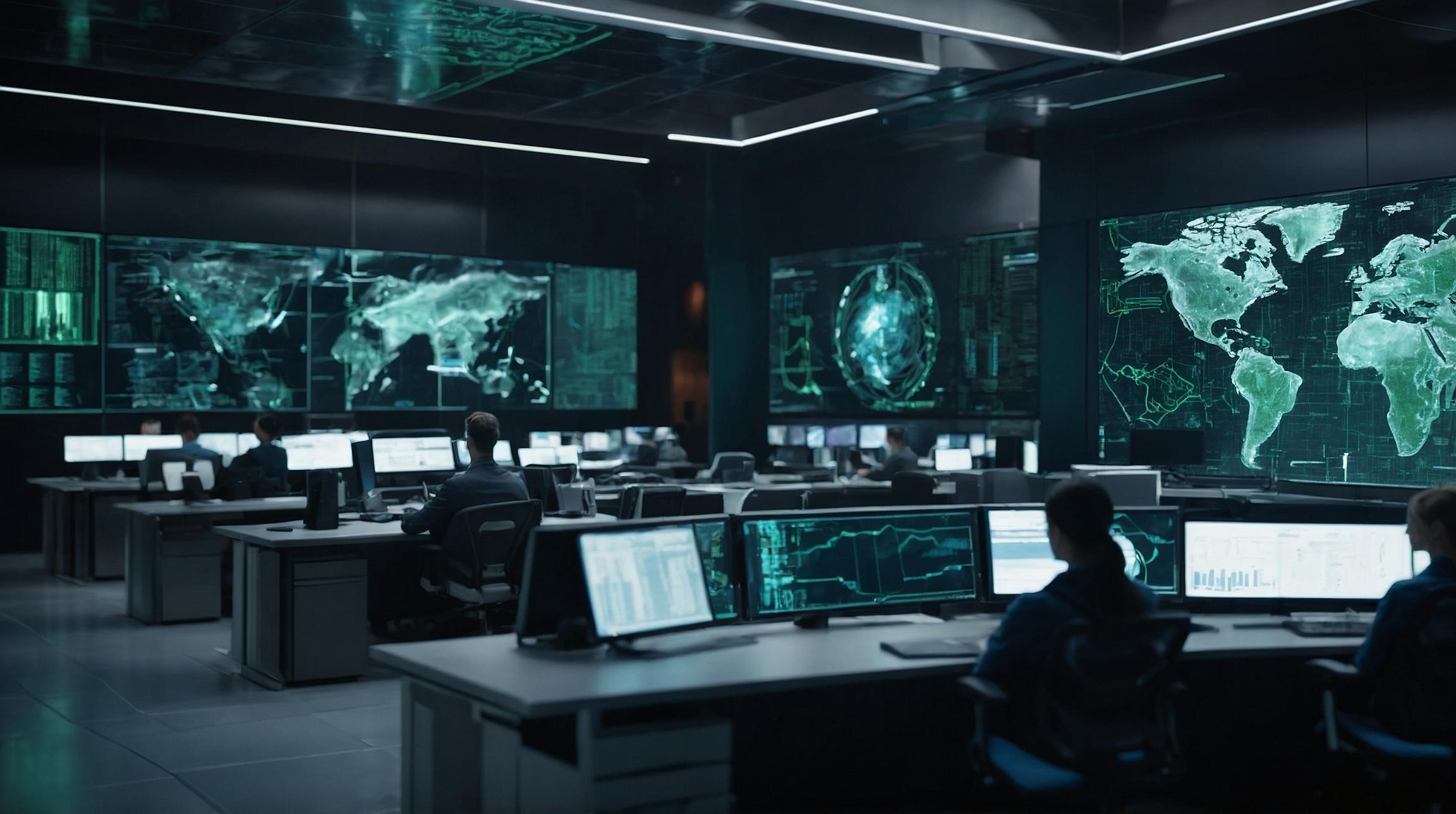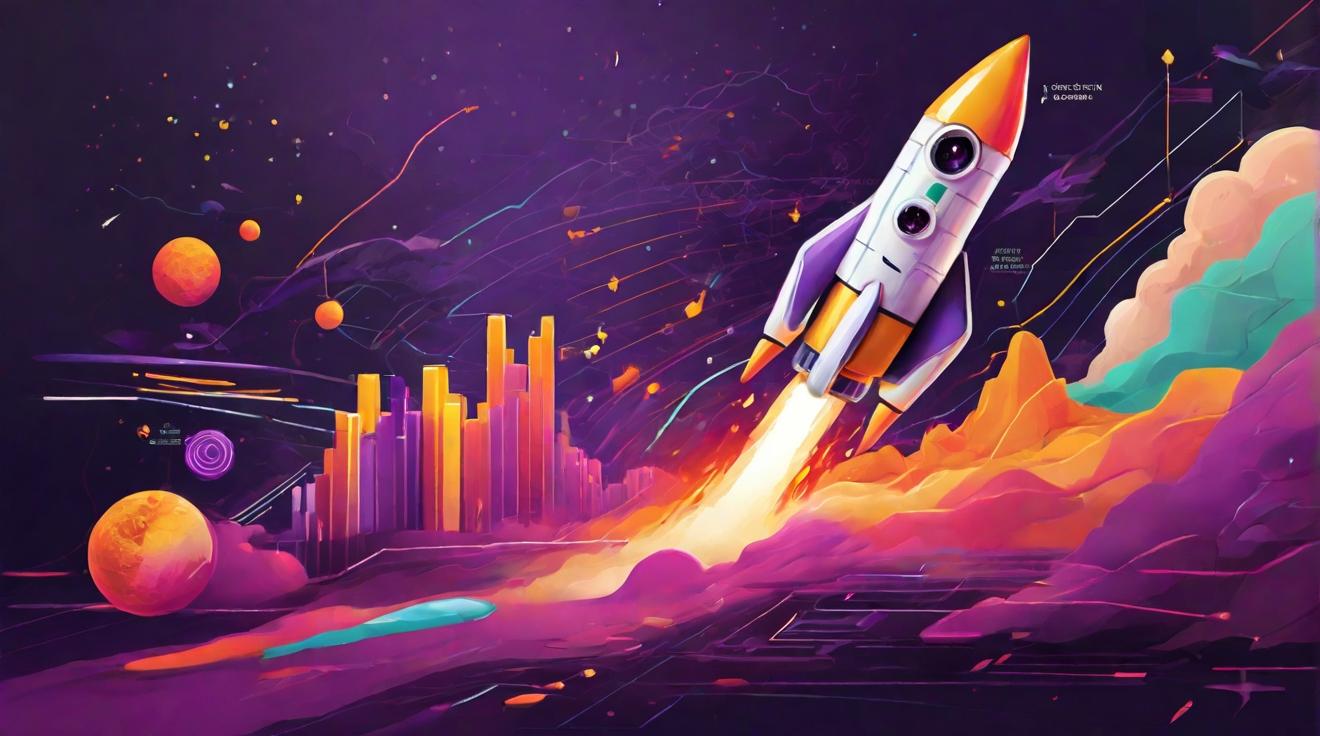Understanding Artificial Intelligence in Cybersecurity
In today’s digital age, cybersecurity is more crucial than ever. With the rise of sophisticated cyber threats, companies are increasingly turning to Artificial Intelligence (AI) to bolster their defenses. AI technologies are leveraged to analyze vast amounts of data, identify vulnerabilities, and respond to cyber threats in real-time. This transformation is not just for tech giants but also for small businesses aiming to protect critical data.
The Role of AI in Identifying Threats
Traditionally, cybersecurity systems relied on static defenses such as firewalls and antivirus software. However, AI brings a dynamic approach. AI algorithms learn from past incidents and improve over time, allowing systems to predict potential attacks before they occur. For instance, AI can detect unusual patterns in network traffic, which may indicate a potential breach, thus enabling preemptive action.
Real-World Applications
A notable example is how AI is used in fraud detection. Large financial institutions employ AI to continuously monitor transactions, identifying unusual spending patterns that may signify fraudulent activity. By doing so, AI systems can alert security teams or automatically halt suspicious transactions.
Challenges and Considerations
Despite its benefits, implementing AI in cybersecurity comes with challenges. Ensuring the accuracy of AI models is critical, as false positives can lead to unnecessary disruptions. Additionally, the ethical use of AI and data privacy concerns must be managed carefully, ensuring that AI solutions respect user privacy while maintaining robust security.
The Future of AI in Cybersecurity
As cyber threats evolve, so does AI technology. The integration of AI in cybersecurity will continue to grow, with advancements in machine learning and deep learning further enhancing its capabilities. Companies will need to adopt a proactive approach, continuously updating their AI systems to stay ahead of cybercriminals.
In conclusion, AI is revolutionizing the way companies approach cybersecurity. By providing real-time insights and adaptive defenses, AI empowers organizations to safeguard their assets against ever-evolving cyber threats effectively. As both technology and threats evolve, AI will undoubtedly play a pivotal role in shaping the future of cybersecurity.













